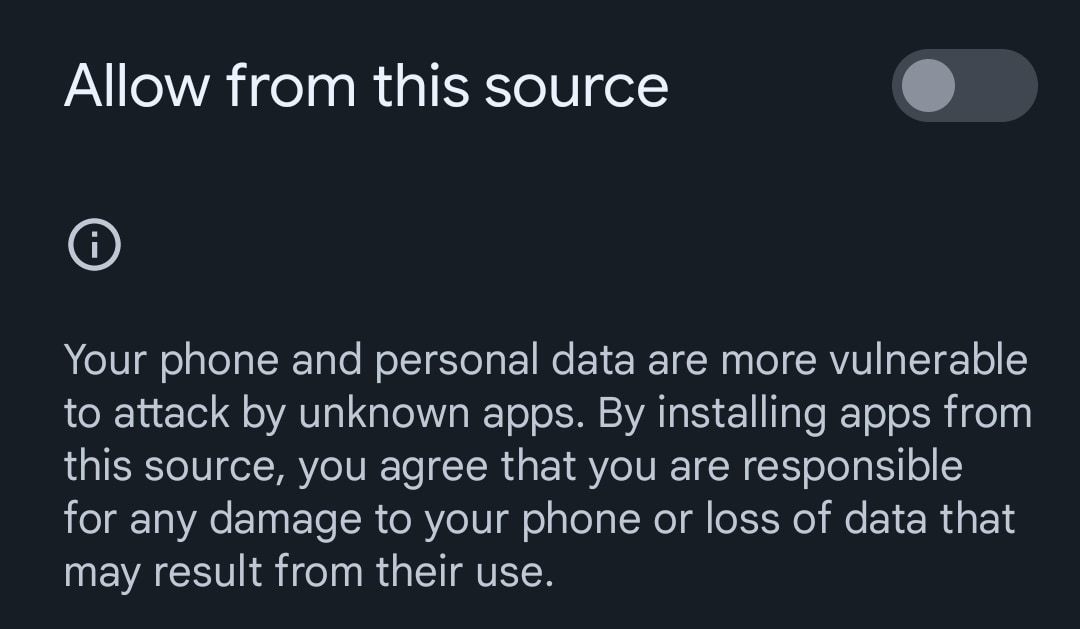Google is set to introduce a change in Android 14 that will put limitations on what apps you can install from outside the Play Store, according to a new report.
The restrictions on sideloading will prevent users from installing apps that are designed for older versions of Android, amid fears that malware frequently targets those older versions in order to bypass more recent security protections. However, there will still be a workaround that enables you to install the apps if you really want them.
Android 14 Will Limit App Sideloading
A report from 9to5Google cites a recent change in the Android 14 code that will introduce and enforce stricter API requirements (essentially, the minimum version of Android an app can run on). Apps targeting a too-old version of Android will be blocked from the Play Store and users won't even be able to sideload them.
Google says this will help "improve security and privacy as malware can target older SDK versions to avoid enforcement of new API behavior." The report suggests that the threshold will be Android 6 initially, with plans to increase that level over time.
Users will apparently still be able to install apps using the ADB tool, although that makes the process significantly more complicated and should limit it to only power users. It should help prevent less tech-minded users from installing random APKs without fully knowing what they're doing.
The ability to sideload apps and use third-party app stores has long been part of Android's attraction for many users and is one of the major ways that the platform differentiates itself from the more locked-down iOS. However, it has always been recognized that sideloading brings security risks.
Android 14 Previews May Launch Soon
This new security feature will be part of Android 14. While the full release of that is unlikely to happen until much later in the year, the first Developer Previews of the new update are expected fairly soon. The Android 13 preview was made available to developers in February 2022, ahead of the public beta that dropped in April. We can expect a similar timeline this year.


